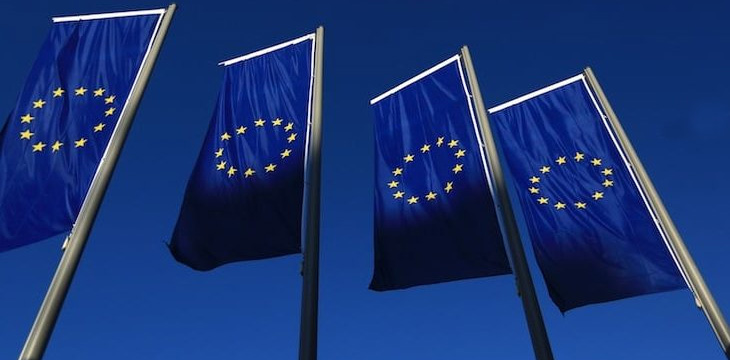
Initial coin offerings (ICOs) and cryptocurrencies remain on the agenda—at the moment—with the European Parliament actively discussing this issue. Last week, a European lawmaker argued in favour of crafting a crucial set of regulations to make ICOs more “accessible” within the European Union (EU), CoinDesk reported.
During Tuesday’s meeting on the proposed ICO regulations, Member of the European Parliament (MEP) Ashley Fox proposed a voluntary set of rules, although he noted that companies and projects that engage in token sales will abide them if the new regulations were adopted.
#Gibraltar's innovative regulatory approach to #ICO's and #DLT presented in front of @EPInnovGroup at the European Parliament. #EUICOs pic.twitter.com/EybvoUp1vo
— Gibraltar House EU (@GibRepEU) September 4, 2018
In Fox’s proposal, ICO proceeds will be limited to €8 million ($9.26 million), and companies will be required to adhere to Know-Your-Customer (KYC) and Anti-Money Laundering (AML) rules. In exchange, startups will have an opportunity to offer their ICOs to EU member states.
According to the MEP, the goal is to “bring transparency to ICOs, allowing intermediaries to perform the required due diligence. And the effect of this will be to provide an EU-wide law which gives a passport to the whole market.”
What Fox is proposing seems rather similar to the crypto and blockchain bills that were proposed in Malta recently. The laws have been passed, but they are currently still in the consultation process to make them more effective.
Fox said, “ICOs can carry on, but if they don’t fill the [criteria], they won’t benefit. [Introducing the regulations] will give them a passport to the whole of the EU market, and I also think it increases transparency. Right now, you have 28 countries, some have national rules for raising money and some don’t have any rules at all. If you raise money in France, for example, you can only use that money in France.”
In July, EU came out with the EU Fifth Anti-Money Laundering Directive, which provided: “To combat the risks related to the anonymity, national Financial Intelligence Units (FIUs) should be able to obtain information allowing them to associate virtual currency addresses to the identity of the owner of virtual currency. In addition, the possibility to allow users to self-declare to designated authorities on a voluntary basis should be further assessed.”
Lavan Thasarathakumar, policy advisor to Fox and secretary to the Innovation Group, said adhering to strict KYC and AML regulations may help startups secure the services of banks and other financial institutions in the European Union.

 09-21-2024
09-21-2024


